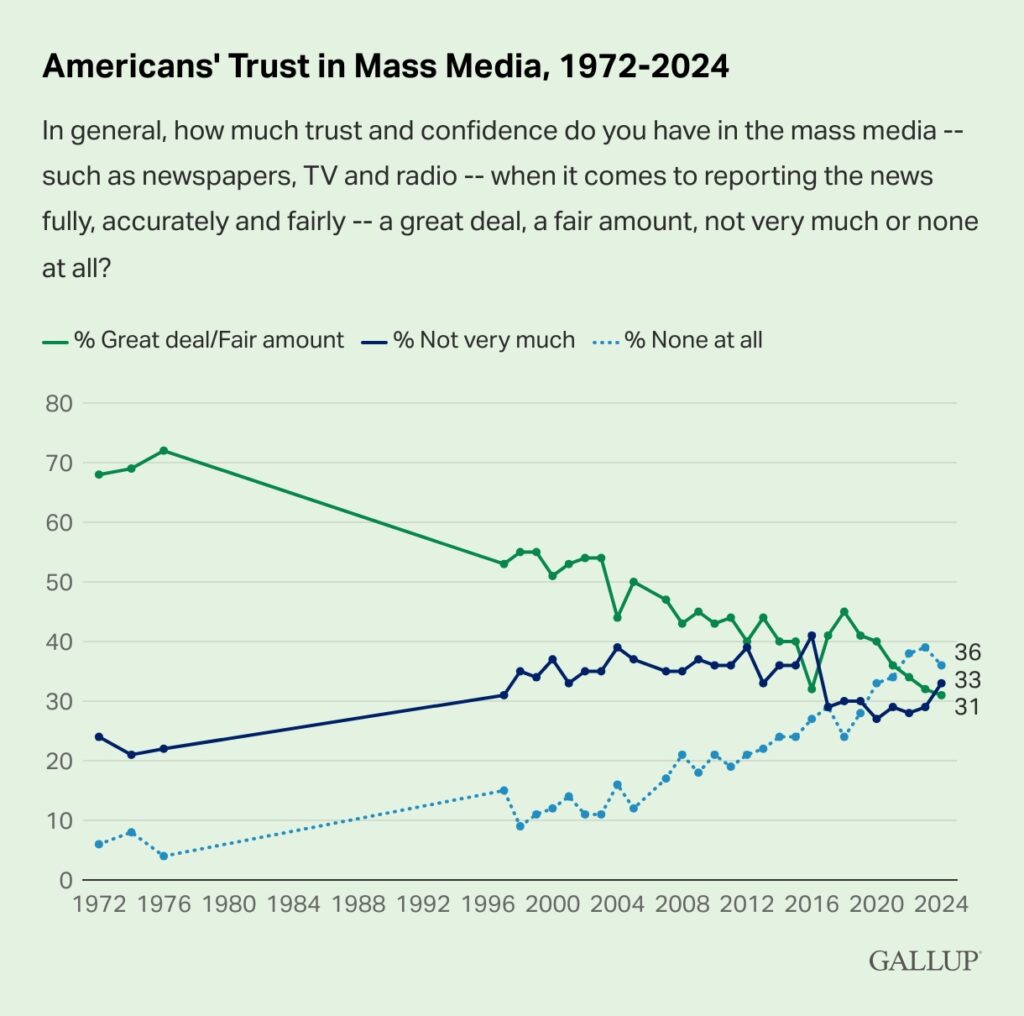Antony Young rounds up media news from beyond Aotearoa in a regular column for StopPress. This week we look at Netflix’s subscriber jump, the super political action committee throwing millions behind Kamala Harris and reducing screen time.
Netflix sees subscriber jump
Netflix ended its third quarter up 5.1m to reach 282.7 million subscribers worldwide, putting them firmly ahead of Amazon Prime (estimated at 200 million) and Disney+ (153.6 million). Their subscription increases were on the back of a clamping down on password sharing last year. The global streaming service has outperformed revenue estimates for the past three quarters, thanks to the success of its ad-supported tier. Membership in this tier rose 35% compared to the previous quarter, following a 34% increase the quarter before. The ad-supported tier is set to launch in Canada in the fourth quarter and more broadly in 2025. Netflix offers ads in Australia, but as of yet has not announced when New Zealand advertising might be introduced.
Kamala Harris backed by a ‘Moneyball’ advertising machine
Future Forward, a super PAC supporting Vice President Kamala Harris, has raised $ 700 million and is heavily investing in advertising that has surpassed both Harris and Trump’s campaigns combined. Known for its data-driven “Moneyball” approach, Future Forward has tested thousands of ad variations to find the most effective messages via millions of voter surveys. According to the New York Times, it is producing 20 ads for every one aired, ensuring each is tailored for maximum voter impact. Future Forward’s focus on broad, general-audience ads has raised concerns among strategists who want more targeted messaging for people of colour. With $ 450 million dedicated to these broadly focused ads, Future Forward’s approach according to the New York Times is a major gamble, ensuring it will share both the credit if Harris wins and the blame if she loses.
Trust in media at an all time low
While US media are enjoying a nice bump in advertising income this election year as per the previous article, the same can’t be said when it comes to consumer trust. According to Gallup’s recently released 2024 survey, the United States continues to suffer from a crisis in confidence in many institutions, including trust in mass media. Just 31% of Americans expressed a “great deal” or “fair amount” of confidence in the media to report the news “fully, accurately and fairly,” the lowest since the survey began in 1972. When broken down by political affiliation, 54% of Democrats, 27% of independents and only 12% of Republicans reported their trust in the media. We seem to have the similar issues here as reported in AUT’s Trust in News in Aotearoa New Zealand report. While the questions are phrased slightly differently, the study showed trust in news in 2024 fell to 33%.

WPP spat with Publicis Groupe
Two of the world’s biggest agency holding companies WPP and Publicis took shots at each other, the latter in an earnings call last week. Publicis Groupe CEO Arthur Sadoun defended his agency’s practice, of principal media trading — where agencies purchase media at discounted rates and resell it to clients at a markup, emphasising they are fully transparent to clients. Sadoun suggesting that WPP CEO Mark Read’s comments stem from WPP’s financial challenges, stating that “throwing stones” at competitors won’t help the industry. Read reinforced his company’s limited engagement in principal media over transparency concerns.
Young consumers looking to reduce screen time
If you believe we are spending too much time on our phones, this is backed by a recent survey by Deloitte Germany reporting a growing number of consumers seeking to reduce smartphone use. Among 2,000 respondents, 84% of 18- to 24-year-olds admitted to using their phones “too much,” while 55% of those under 45 said their screen time has increased in the past year. Many reported adverse effects like disrupted sleep and physical discomfort, with 19% of younger users citing headaches and eye strain. In response, consumers are taking action by muting notifications, powering down, or distancing themselves from their devices.
DOJ v Google
One development we will keep an eye on is the U.S. Department of Justice (DOJ) proposed case to curb Google’s dominance in search, marking the most significant antitrust move since its 1999 case against Microsoft. The DOJ aims to weaken Google’s control by potentially forcing divestitures of key assets like Chrome and Android, both owned by parent company Alphabet Inc. Proposed measures include limiting Google’s data collection, requiring it to share search indexes with competitors, and allowing websites to opt out of AI training. These steps could severely impact Google’s revenue and AI capabilities.
Unilever back down from X boycott
On the topic of lawsuits, X (formerly Twitter) has dropped Unilever from its lawsuit accusing companies of coordinating an advertiser boycott that allegedly cost X billions in revenue. Unilever, one of the advertisers targeted, reached an agreement with X, ensuring the platform would meet its brand safety standards. The lawsuit, which continues against companies like Mars and CVS Health, follows X’s legal action against the Global Alliance for Responsible Media (GARM) and other advertisers. GARM shut down operations shortly after the lawsuit began, with X’s CEO, Linda Yaccarino, calling it a positive step for the industry. Trust in X’s advertising has plummeted since Elon Musk’s acquisition, with only 4% of marketers believing in the platform’s brand safety.
Antony Young is co-founder of The Media Lab, Wellington’s largest independent media agency. He spent 20 years working in media in New York, London and Asia.
The post Around the World: Netflix, Kamala Harris and screentime appeared first on stoppress.co.nz.
More Stories
PEDIGREE® helps pet parents spot the porkies with new Lie Detector
Revolving Door Round-Up: Antonia Hylton and Elise Jordan to Co-Host The Weekend
Kiwi Mobile’s latest campaign walks the talk